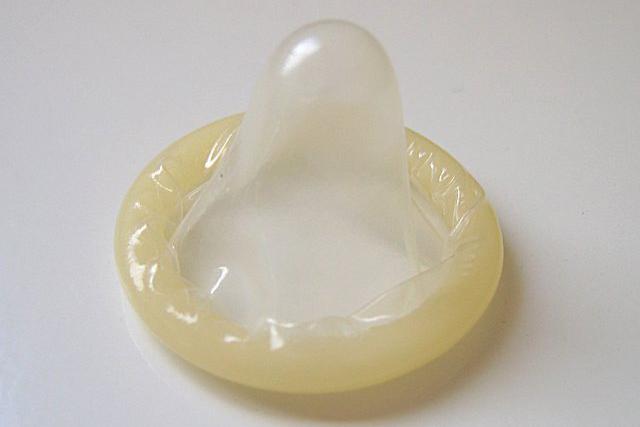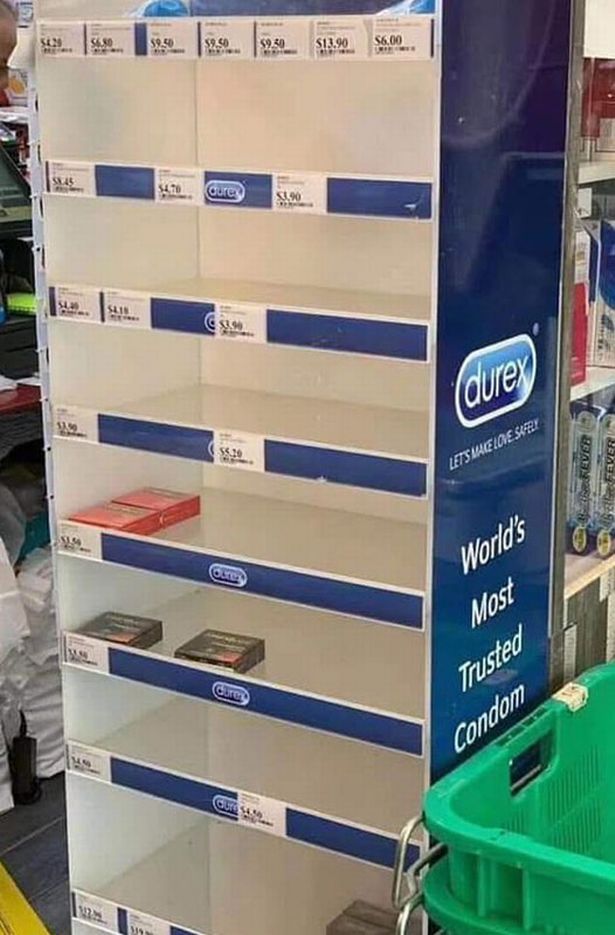Review promotion of condoms on campuses
- Posted on
- Comment
He argued that students at the basic and high school levels could engage in sex, which can result in teenage pregnancy explaining that “a lot of sexually transmitted infections happen in the schools because they have started having sex.”
“So how do we protect them? We are saying that that policy should be looked at so that we can provide information and services for students so that they can protect themselves from STI’s and unwanted pregnancies,” he stressed.
He argued that reviewing such policy could help in a way of “informing young people about their sexual and reproductive health issues. You know that in this part of the world talking about sex and reproductive health is very difficult for people especially when the communication is between adults and their children or the younger ones.”
“So we aim at demystifying those things so that young people can openly discuss issues around sex when they have problems,” he added.
GES response
But the GES’s National Coordinator for School Health, Kate Opoku, indicated that her outfit is still opposed to the distribution of contraceptives to these minors.
“We know they are indulging in sexual activities but we want them to get the right persons to do the demonstration for them,” she added.
She also said GES would be willing to offer support whatsoever to assist in educating students on the facts about their sexuality and also teach them life skills to help them set goals for happy and healthy future lives.
She was however quick to add that the service with the Ghana Health Service would partner NGO’s like Marie Stopes International to explore the option of just educating students on contraceptives.
-By: Kumi Obed Afari











 (Selorm) |
(Selorm) |  (Nana Kwesi)
(Nana Kwesi)